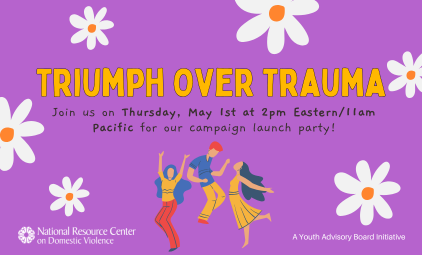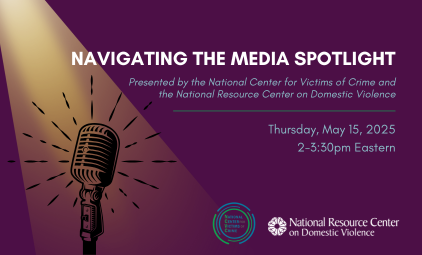Many domestic violence programs often focus solely on a heterosexual paradigm of domestic violence, i.e., on men’s violence against women, and deny LGBTQ survivors full access to services, including safe shelter, because LGBTQ survivors do not meet their traditional understanding of who a survivor is. In addition, programming is often structured in a way that does not assist people outside of the heteronormative construct (i.e. cisgender women abused by cisgender men). As a result, LGBTQ survivors often must endure abuse far longer and with greater intensity, because no competent services are available.
This toolkit is intended to be a starting point for promoting LGBTQ survivors’ access to shelter spaces, and agency-wide training and technical assistance is a critical next step.














